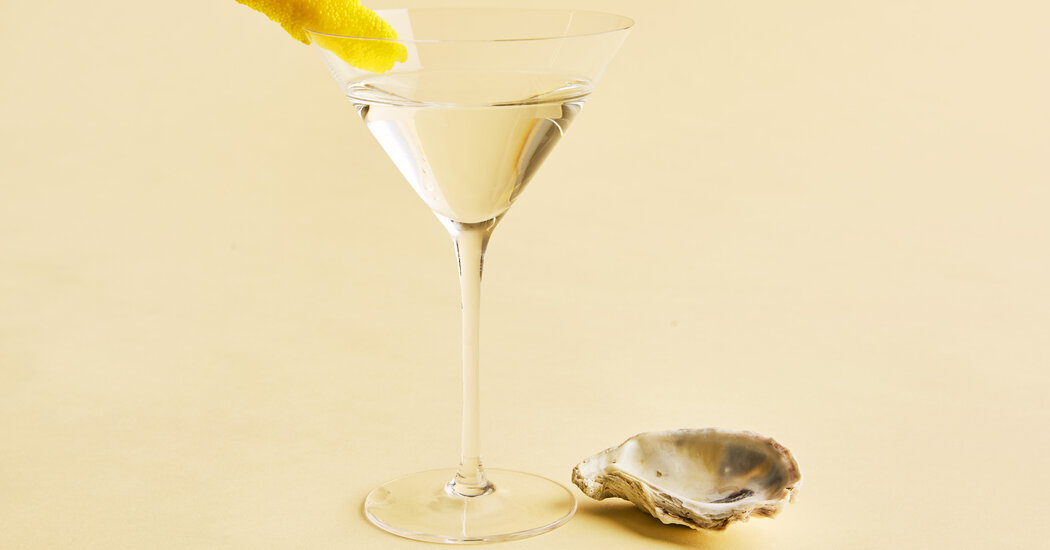Claims on social media suggest it can. We asked experts for the sober truth.
“Cheers,” a woman says in a video on TikTok as she raises a shot glass filled with liquor to the camera. She tips it back, grimaces and then sticks out her tongue in disgust.
“It’s medicinal, it’s medicinal,” she reminds herself.
The reason for the shot was a recent meal, which she worried may have given her food poisoning, she said. And she had read in a study that because “alcohol is a sterilizer,” it can protect against food-borne illness.
But can it really?
There may be an ounce of truth to the notion that drinking alcohol around the time you eat contaminated food can reduce the chances of food poisoning, experts said. But the evidence to support the claim is limited. And depending on how much you drink, alcohol could hurt your immune system more than it might help. Here’s what we know.
What the Research Suggests
Several small studies on food-borne illness outbreaks have indeed found that consuming alcohol was associated with protection from food poisoning, but they all have limitations.
In the study cited in the TikTok video, which was published in 2002, researchers described a salmonella outbreak that began at a 120-person banquet in Spain. At least 47 people became ill with vomiting or diarrhea, along with stomach cramps, fever or headache, after consuming contaminated tuna sandwiches and potato salad. The researchers found that those who reported having three or more drinks at the celebration were 46 percent less likely to become ill than those who didn’t drink; and those who had up to three drinks were 27 percent less likely to develop symptoms.
Likewise, in a 1992 study of a 61-person outbreak of hepatitis A from raw oysters in Florida, researchers found that those who reported drinking wine, whiskey or cocktails with the oysters were 90 percent less likely to get sick than those who did not drink. Those who consumed beer, however, did not seem to be protected — the researchers hypothesized this was perhaps because beer has a lower alcohol concentration than the other beverages.
